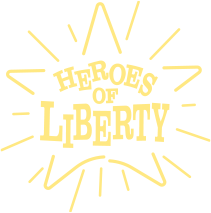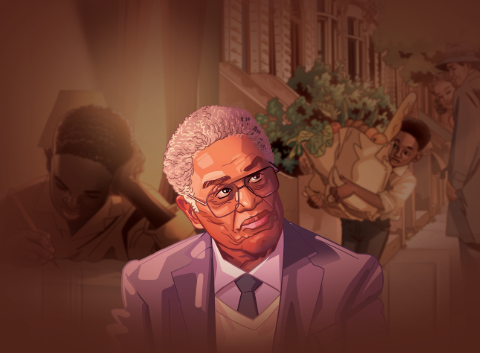As a young Assistant Professor of Economics at Cornell University in the late 1960s, Thomas Sowell had a problem. One of the students in his class, a shy young woman from Africa, whose English wasn’t too good, was falling behind. Week after week she sat attentively, but as the weeks went on it became increasingly obvious that she didn’t understand the lessons.
One day, he called on her to answer a question. She gave him a terrified look, stuttered “I-I don’t know,” and hung her head. Professor Sowell asked to see her after class.
In his study, the girl began to cry. Her family had raised a great deal of money to send her to school in America, she explained. If she failed class she would be letting them down.
Sowell was touched by the girl’s plight, and considered giving her a passing grade regardless. But then he thought about the consequences. Sure, it would be the nice thing to do—in the short term. But once back home she would be called upon to teach others what she had learned. How could she do that if she had never really learned it at all?
Instead, Thomas Sowell coached the girl, sitting with her before every class to give her the extra tuition she needed. It was hard work for them both, but little by little, she caught up with the others. And by the end of the year she had earned her own passing grade.
This story appears in the Heroes of Liberty book: Thomas Sowell, A Self-Made Man. Children often instinctively understand the importance of playing fair, and the injustice of some people being given something they didn’t earn.
For adults, however, the story is all the more remarkable as it happened just around the time of the guns-on-campus crisis that rocked Cornell—and America—in 1969.
In line with the leaders of a number of elite colleges and universities at the time, Cornell’s president, James Perkins, “sought to increase minority student enrollment—and to do so by admitting students who would not meet the existing academic standards at Cornell,” according to Sowell.
Sowell later recounted “At the time, I was sufficiently alarmed by the well-known fact that half of the black students were on academic probation that I went over to the administration building and checked the files. It was here that I first learned of a pattern that would prove to be all too common at elite colleges and universities across the country: Most of the black students admitted to Cornell had SAT scores above the national average—but far below the averages of other Cornell students.”
He added, “The emphasis was on getting militant ghetto kids, some of whom turned out to be hoodlums who terrorized other black students, in addition to provoking a racial backlash among whites.”
The consequences were dire. Black students found they were falling behind their peers and became disaffected and alienated. They began to make demands for special treatment on campus, and when they were met, were emboldened to make even grander demands.
On April 18, 1969, a group of black students seized control of the college’s student center, Willard Straight Hall, evicting a number of visiting parents. They occupied the building for 36 hours, eventually emerging carrying shotguns and rifles. Their leader wore a bandoleer full of shotgun ammunition. According to Sowell, professors who had refused to meet previous demands were issued death threats, and shots were fired within the engineering department.
In a comprehensive study of affirmative action published in 1989, Thomas Sowell wrote: ““Affirmative action” has been a failure in the United States and a disaster in other countries that have had such policies longer. Indeed, a growing polarization and increasing numbers of ugly racial incidents (especially on campuses that are strongholds of “affirmative action”) may be early warnings that we too may be moving from the stage of mere failure to the stage of social disaster.”
Now, more than 30 years on, the need to heed his warning is more urgent than ever before. That is why we need to teach American values to our children, including equality rather than equity—and why your children need to know who Thomas Sowell is.
You can buy Thomas Sowell: A Self-Made Man in the Heroes of Liberty store






